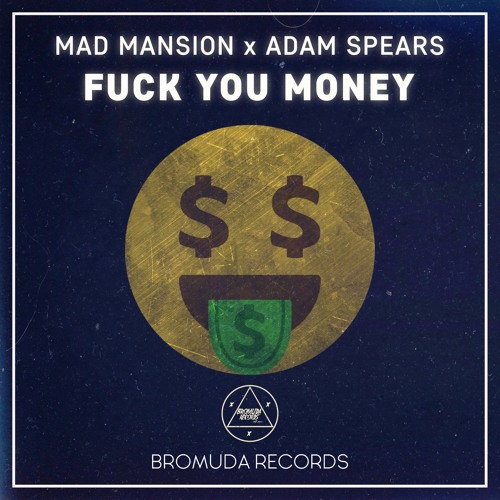

(Everyone spoke on the condition of anonymity - even though several artists have gone on to achieve commercial success - due to fear of reprisal from Repost or SoundCloud Repost user agreements viewed by Billboard also contain confidentiality and non-disparagement clauses.)

One manager whose client was frustrated by his experience with Repost accused the company of “IP trolling.” “They are taking advantage of young artists at a stage in their career when they often don’t have any representation or counsel,” he added. Many of the artists who shared their stories with Billboard were teenagers when they signed up with Repost - the youngest was 15 at the time - while a couple were in their early 20s all but one of those acts said they had no idea that, by clicking a button, they had locked themselves into a stringent licensing deal. A 2017 study by Deloitte found that 97% of people between the ages of 18–34 do not read terms of service before agreeing to them. While Repost says it wants to help artists make a living off their music, several acts described the platform as “predatory” because it buried contractual details - previously a two-year exclusive license, a 30% cut of all revenue, and an auto-renewal - in terms of service. By 2018, Repost co-founder Jeff Ponchick said the company was “the largest indie rightsholder on Soundcloud,” with “a $6–8 million gross revenue run rate,” and the following year, Repost was absorbed by the mothership in a $15 million cash and equity deal. Repost started in 2015 with the goal of helping artists on the platform make money and soon added the ability to distribute songs to other streaming platforms and provide some marketing services.
#Sound cloud money and mansions free
Soundcloud originated as a service that was free to use for both listeners and artists - a place for aspiring acts to gain exposure, “the largest audio discovery platform in the world,” but not a place to rake in cash. SoundCloud Steps Up Distribution Services With Acquisition of Repost Network


 0 kommentar(er)
0 kommentar(er)
